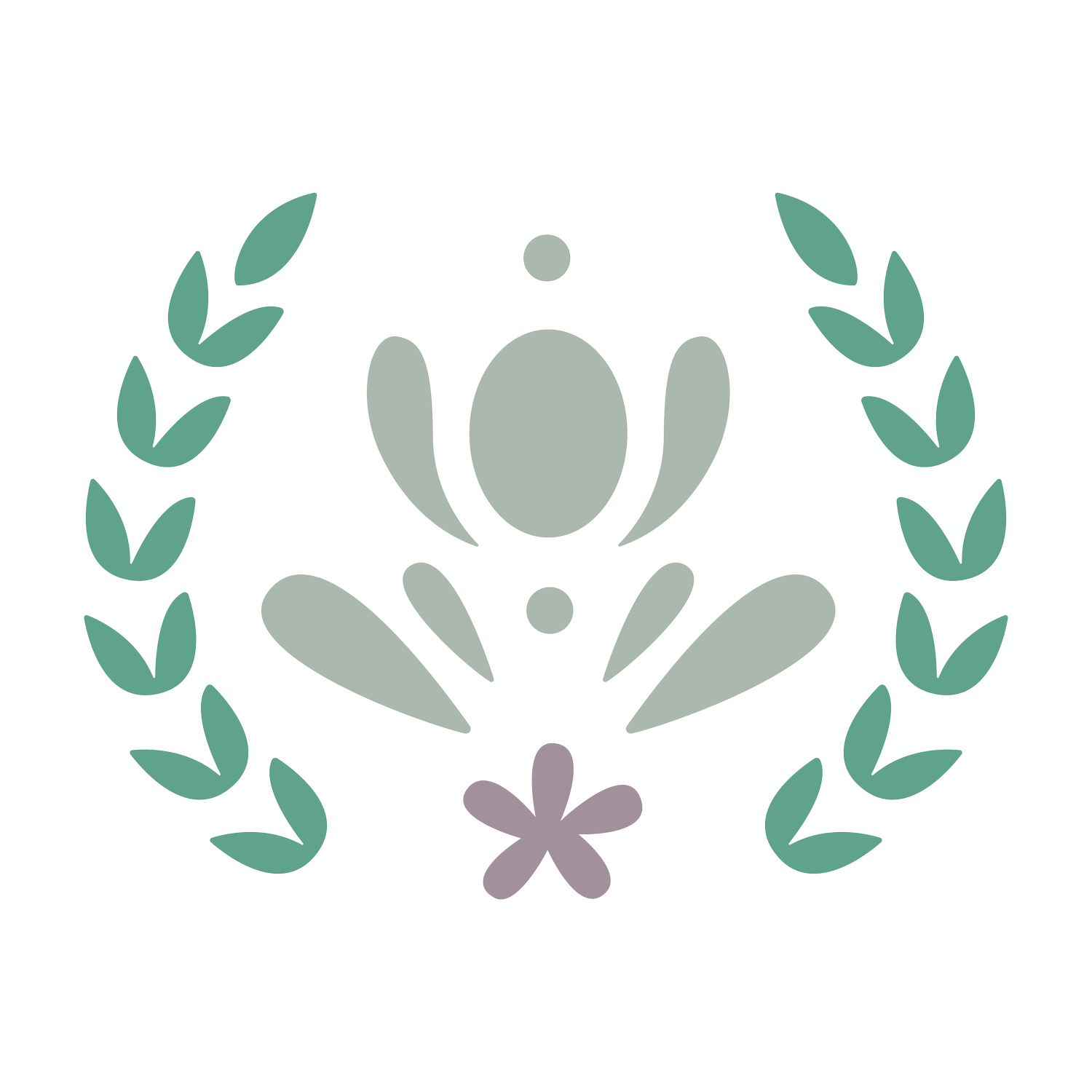Postpartum Planning: The First Step for a Smoother Recovery
If you’re pregnant, chances are you’ve already been asked a hundred times if the nursery is ready. You’ve probably spent hours researching strollers, washing impossibly tiny onesies, and perfecting your baby registry. While all of that is fun and exciting, here’s the truth:
The color of your crib sheets won’t help you at 3 a.m. when your body is healing, your hormones are shifting,
and you’re figuring out life with a newborn.
This is where postpartum planning comes in—a step most parents skip until they’re already in the thick of recovery. As a birth doula and childbirth educator in Columbus, Ohio, I’ve supported families through both pregnancy and postpartum, and one thing I see over and over again is that those who plan ahead for postpartum have a smoother, less stressful recovery.
This blog post will walk you through exactly why postpartum planning is essential, what to include in your plan, and how to start today while you’re still pregnant.
What Is a Postpartum Plan?
A postpartum plan is not just a hospital discharge sheet or a checklist of baby gadgets. It’s a proactive way to think about your physical recovery, emotional wellbeing, and practical needs after birth.
Think of it like a birth plan—but for the weeks after delivery. Instead of focusing on the logistics of labor, it helps you answer:
Who will bring meals?
How will I get rest?
What support do I have if breastfeeding is tough?
Who can I call if I feel emotionally off?
Without a plan, these decisions get made in the fog of sleep deprivation and stress. With a plan, you give yourself the gift of smoother days and better recovery.
5 Things to Include in Your Postpartum Plan
1. Build Your Support System
Your village matters. Decide ahead of time who you can call for different needs.
Emotional support: a trusted friend, family member, or therapist.
Hands-on help: a postpartum doula, a loved one, and/or partner.
Professional care: a lactation consultant, pelvic floor physical therapist, or mental health provider.
Even if people say, “Let me know how I can help,” most parents won’t feel comfortable asking once they’re overwhelmed. Make a list now of who’s in your corner.
💡 If you’re in Columbus, I help my clients think through these support systems during pregnancy. If you’re outside the area, my online childbirth course walks you through how to set this up for yourself.
2. Plan for Meals & Nourishment
Cooking will not be high on your list when you’re recovering and feeding a newborn. Here’s how to plan ahead:
Set up a meal schedule with neighbors, friends or family. Meal Train is a free, easy place to start.
Batch cook and freeze nourishing meals.
Stock up on easy, nutrient-rich snacks (nuts, energy bites, yogurt).
Think beyond “comfort food”—your healing body needs iron, protein, and hydration.
3. Prioritize Rest & Recovery
Rest is not a luxury; it’s the foundation of your healing. Yet in a culture that glorifies bouncing back quickly, most parents feel guilty for needing it. Your postpartum plan can help shift this mindset.
Sleep shifts: decide with your partner who covers what hours.
Visitor rules: set boundaries in advance about who visits, when, and for how long.
Recovery aids: gather essentials like pads, peri bottles, sitz baths, and comfortable clothing.
💡 Pro tip: Put something like a “No House Tours” rule in your plan. Guests can hold the baby if they bring food, but you don’t need to entertain anyone.
4. Mental Health & Emotional Wellbeing
The hormonal rollercoaster after birth is real. Planning for emotional support can help reduce anxiety if/when things feel overwhelming.
Learn the difference between baby blues and postpartum depression or anxiety.
Keep a short list of local or online mental health resources.
Share your plan with your partner or a trusted friend so they know what to look out for.
As a doula, I often remind clients: having support for your mind is just as important as support for your body.
5. Household Logistics
The laundry, bills, and grocery lists don’t stop just because you had a baby. Delegating ahead of time saves energy for healing and bonding.
Automate bill payments.
Set up grocery delivery or pickup.
Line up a neighbor, friend, or family member to help with pets.
Don’t be afraid to outsource if it’s in your budget (housecleaning, lawn care, etc.).
Your postpartum plan is about making life easier—not doing it all yourself.
How Postpartum Planning Supports Your Birth Experience Too
Here’s something most people don’t realize: preparing for postpartum actually supports your labor and birth as well.
When your brain knows you have a plan in place for recovery, you carry less stress into labor. You’re calmer, clearer, and better able to focus on the work of birth itself.
In my Your Birth, Your Options online course, I teach families how to prepare for the full arc of the experience—pregnancy, birth, and postpartum. Because your birth story doesn’t end in the delivery room.
Start Your Postpartum Plan Now
You don’t need to create a 20-page document or have every detail mapped out. Start simple:
Make a list of who you can call for different types of support.
Write out your top three priorities for rest, meals, and recovery.
Share your plan with your partner or a trusted friend.
Remember—you can always adjust as you go. The point isn’t perfection, it’s preparation.
💌 Stay Connected: Sign up for my free monthly newsletter where I share pregnancy, birth, and postpartum tips straight to your inbox.
🎓 Go Deeper: Check out my online childbirth education course, Your Birth, Your Options: Make Informed Choices with Confidence. It’s a self-paced program designed to prepare you not just for birth, but for the weeks that follow. Learn more here.




